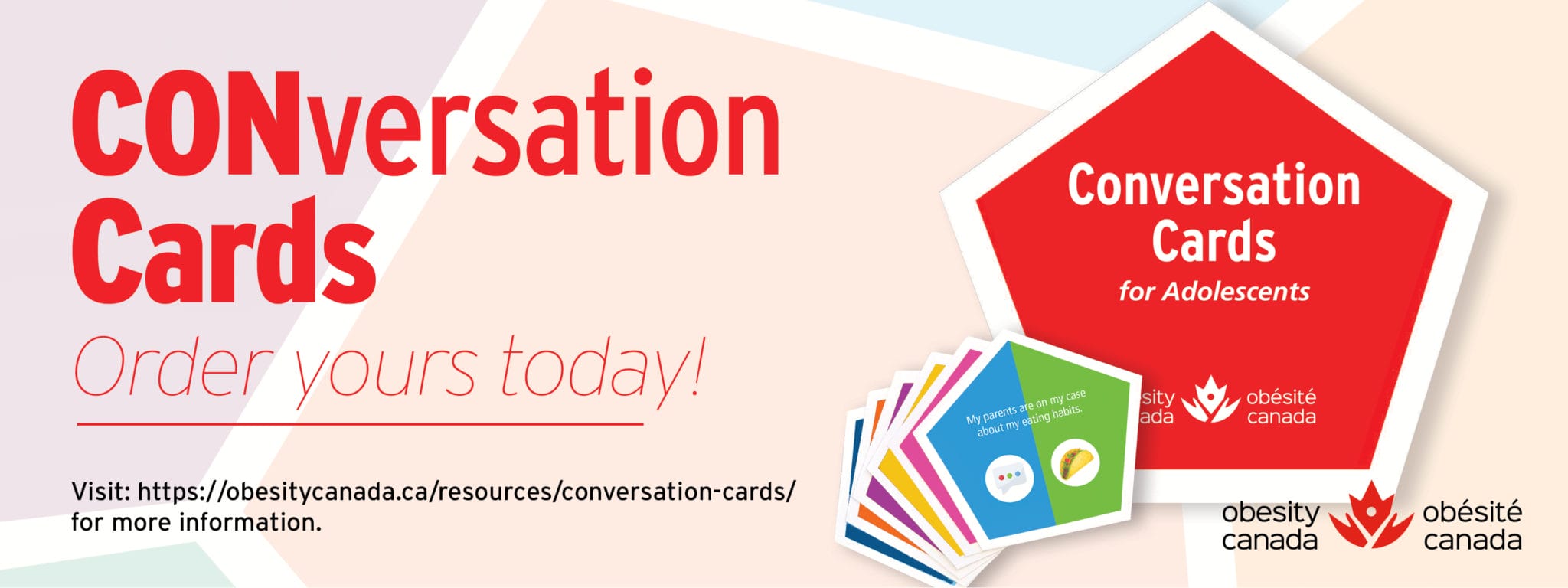Today’s post comes from Maryam Kebbe. Maryam is a PhD Candidate in the Department of Pediatrics at the University of Alberta. She is also the current Chair of the University of Alberta’s OC-SNP chapter and Communications Director of the OC-SNP National Executive.
With one in three Canadian children having overweight or obesity and many adverse health outcomes, leadership and research in pediatric weight management is very timely and absolutely necessary. There is a clear need to optimize health services for managing pediatric obesity. Adolescents, in particular, are a vulnerable population; they are understudied and most are non-adherent to lifestyle recommendations and tend to be less successful in weight management compared to their younger peers.
Clinicians have reported difficulties to effectively communicate with adolescents regarding obesity, observations that indicate a need to improve how obesity is addressed in the healthcare setting. To enhance their day-to-day practice, clinicians have expressed a desire for clinical tools to help them support families managing obesity. Best practices for obesity management also encourage the use of appropriate tools and resources to augment discussions, in addition to using collaborative goal-setting to engage all relevant stakeholders. Being able to identify their most pressing lifestyle concerns and priorities, clinicians can help adolescents to set and meet lifestyle-related goals.
In this blog post, I am thrilled to share the product of my thesis work with Dr. Geoff Ball (Department of Pediatrics, University of Alberta) – Conversation Cards for Adolescents (CCAs). Briefly, our research was informed by consultations from >25 Anglophone and Francophone adolescents with obesity as well as insights from >30 clinicians and >25 academic/clinical researchers from across Canada. CCAs comprise a hard-copy deck of 45 cards. Each card contains an individual statement pertaining to a barrier, enabler, or potential enabler that adolescents encounter in making and maintaining healthy lifestyle changes. These cards are organized across seven suits: nutrition, physical activity, sedentary activity, sleep, mental health, relationships, and clinical factors. In using CCAs, adolescents will select their top 3-5 priorities for clinicians to offer individualized care by collaboratively setting realistic, tailored goals for lifestyle behavior change. CCAs can help to optimize communication between adolescents and clinicians, moving beyond a didactic or simple conversation about healthy behaviors. We designed CCAs to reach a wide audience by being (i) available in Canada’s two official languages (English and French) and (ii) relevant to implement at different levels of care (e.g., primary, secondary, tertiary).
Our contributions to the field of obesity have a strong strategic value for Obesity Canada, domestically and internationally. Specifically, our research in pediatric weight management aligns with Obesity Canada’s strategic goals and Alberta is quickly demonstrating itself to be the key place to conduct research through the support of the University of Alberta and Alberta’s provincial health priorities.
For more details on the phases and steps involved in developing and designing CCAs, please tune in to our Webinar on Thursday, February 28, 2019 (12:00 – 12:45 PM MST) by registering here.






